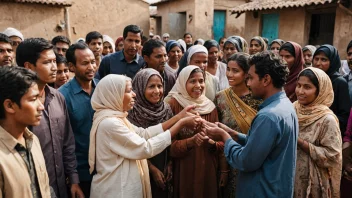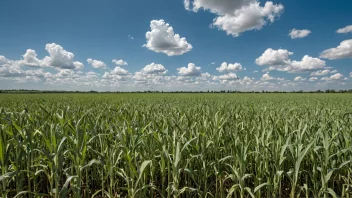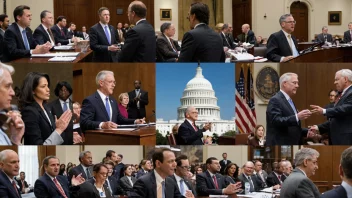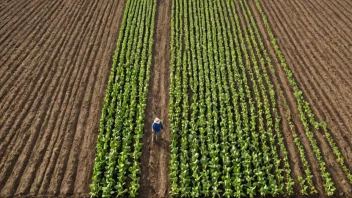Introduction
Fracking, or hydraulic fracturing, has become a significant method for extracting natural gas and oil from deep underground. While it has contributed to energy independence and economic growth, concerns about its environmental impacts have sparked intense debate. This article aims to answer common questions about fracking and its effects on local ecosystems, water resources, and community health.
What is fracking and how does it work?
Fracking is a technique used to extract oil and gas from shale rock formations. The process involves injecting high-pressure water mixed with sand and chemicals into the rock to create fractures. This allows trapped oil and gas to flow more freely to the surface. The method has revolutionized energy production but has raised concerns regarding its environmental footprint.
What are the environmental impacts of fracking?
The environmental impacts of fracking can be significant. Key concerns include:
- Water Contamination: Chemicals used in fracking fluid can potentially contaminate groundwater sources if not managed properly.
- Air Quality: Fracking operations can release volatile organic compounds (VOCs) and methane, contributing to air pollution.
- Land Use: The infrastructure required for fracking, including roads and drilling sites, can disrupt local ecosystems and wildlife habitats.
- Seismic Activity: Some studies suggest that fracking can induce minor earthquakes due to changes in underground pressure.
How does fracking affect water resources?
Fracking requires substantial amounts of water, which can strain local water supplies, especially in arid regions. Additionally, there is the risk of spills and leaks that could contaminate nearby water sources. Proper regulations and monitoring are essential to mitigate these risks.
What are the health risks associated with fracking?
Communities near fracking sites have raised concerns about potential health risks, including respiratory issues and exposure to hazardous chemicals. While research is ongoing, some studies have linked fracking to increased rates of certain health problems. It is vital for regulatory agencies to assess these risks and ensure public safety.
Are there any regulations in place for fracking?
Yes, fracking is subject to various regulations at both federal and state levels. In the United States, the Environmental Protection Agency (EPA) oversees some aspects of fracking, but regulations can vary significantly by state. Some states have implemented stricter rules regarding water use, chemical disclosure, and air quality standards.
What are the economic benefits of fracking?
Fracking has led to a boom in domestic oil and gas production, contributing to job creation and economic growth in many regions. It has also resulted in lower energy prices and reduced dependence on foreign oil. However, the long-term sustainability of these economic benefits is still under scrutiny, especially in light of environmental concerns.
What are some alternatives to fracking?
Alternatives to fracking include renewable energy sources such as solar, wind, and hydroelectric power. These options provide cleaner energy without the environmental risks associated with fossil fuel extraction. Investing in energy efficiency and transitioning to a sustainable energy economy are crucial steps toward reducing reliance on fracking.
What does the future hold for fracking and environmental policy?
The future of fracking will likely depend on ongoing research, public opinion, and regulatory changes. As awareness of environmental issues grows, there may be increased pressure on governments to implement stricter regulations or explore alternative energy sources. Balancing economic benefits with environmental protection will be a critical challenge moving forward.
Conclusion
Fracking remains a controversial topic with both supporters and detractors. Understanding its impacts on local environments is crucial for informed discussions about energy policy and environmental stewardship. As research continues, it is essential for communities, policymakers, and industry leaders to work together to address the challenges posed by fracking.






